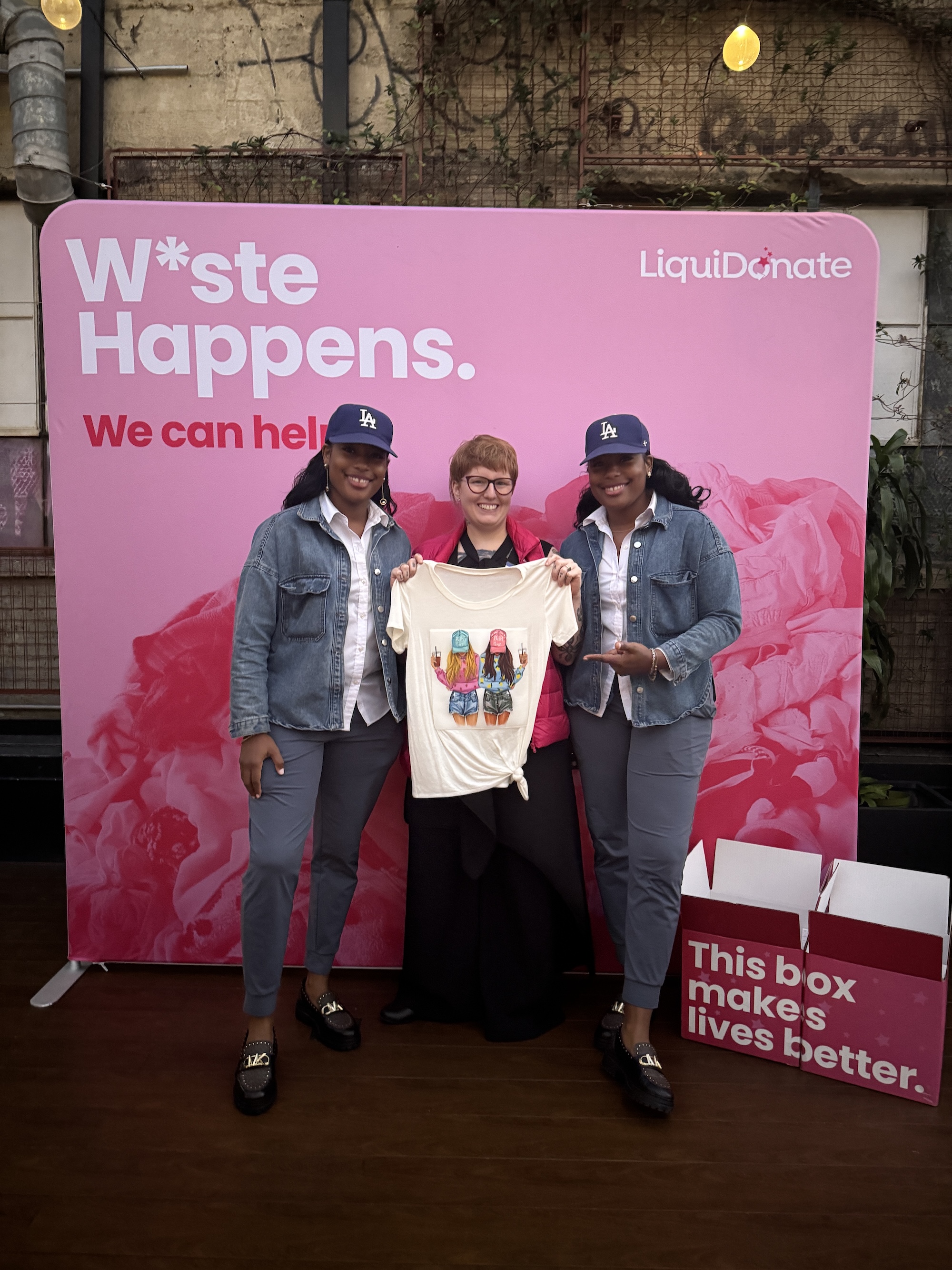


Understanding EPR
Extended Producer Responsibility goes beyond the traditional waste management framework. Its core principle revolves around making manufacturers accountable for the entire lifecycle of their products; no longer can products be produced without considering their ultimate fate. EPR initiatives can encompass financial and operational support for the post-consumer phase, ensuring that products are responsibly managed even after they've served their purpose.
Target Industries
EPR's ripple effect reaches industries that produce a substantial amount of waste; packaging, food, and textiles are among the key sectors EPR policies target. By holding manufacturers accountable, EPR regulations aim to foster innovation in:
- Product design
- Material choices
- Disposal methods
This proactive approach looks to transform waste into a valuable resource and encourages the adoption of circular economy practices.
Creating Solutions for Sustainability
To catalyze the EPR movement, some solutions are already underway. For example, manufacturer take-back programs stand as a testament to the transformative power of EPR. They require manufacturers to retrieve used products, fostering a closed-loop system where products are continually repurposed or recycled. Moreover, EPR policies advocate for payments that encompass collection, sorting, and disposal processes, incentivizing producers to prioritize sustainable practices.
Regarding design, EPR prompts manufacturers to create products with easy-to-manage components, promoting efficient recycling or reuse. This marks a significant shift from the linear consumption model to a more circular one. Additionally, the establishment of Producer Responsibility Organizations (PROs) introduces a collective approach. PROs function as industry-wide bodies that streamline EPR-related processes for member companies, ensuring consistent and effective implementation.
U.S. EPR Initiatives: Current and Pending Regulations
A handful of U.S. states are leading the way in EPR legislation, including plastic Extended Producer Responsibility efforts. In California, an ambitious bill with EPR goals has been set in motion. By 2032, the state aims to significantly reduce single-use plastics and plastic packaging. Producer Responsibility Organizations are mandated to craft comprehensive plans aligned with these goals, fostering accountability and innovation.
By establishing EPR goals in Colorado for packaging distributed to end consumers, the state aims to propel change. The bill mandates producers to join a nonprofit PRO, with fees channeled towards enhancing or establishing recycling services. Oregon follows suit, introducing EPR goals for packaging and packaged items. In a unique approach, the definition of "producer" varies based on the item's sales journey. This tactic ensures that responsibility is vested across the supply chain.
Maine's historic EPR legislation signals a pioneering approach. With the first U.S. EPR bill, the state focuses on packaging, incentivizing producers through fees based on packaging choices. This holistic strategy champions stewardship, ushering in an era of sustainable packaging practices. While Maryland and Rhode Island wade into EPR studies, Washington and New Jersey have embraced partial EPR measures, introducing recycled content standards and annual fees to promote sustainable packaging practices.
Extended Producer Responsibility's Global Momentum
The global appetite for more manufacturer responsibility is growing, and international EPR initiatives are gaining momentum. In Ontario, Canada's EPR regulation includes the transition from shared costs to complete funding of packaging recycling, encompassing various single-use products, highlighting the power of collective responsibility.
Across the Atlantic, the European Union is at the forefront of global EPR legislation. Proposed amendments to the Packaging Regulation champion a circular economy. Producers will be mandated to optimize packaging, incorporate post-consumer material, and utilize reusable alternatives. Novel practices, including QR codes for recycling instructions, amplify the consumer's role in the sustainability journey. While the proposal will apply to all EU member states, France and Germany are ahead of the other member states, already enacting similar legislation for domestic producers
EPR Challenges and Collaborations
EPR's journey is not without challenges. Industry dynamics and certain actors’ opposition highlight the need for comprehensive dialogue, while The American Forest & Paper Association's skepticism underscores diverse perspectives within the industry.
Collaborative proposals by the World Wildlife Fund and American Beverage Association herald a promising future. Their call for a federally backed EPR program for recyclable plastic bottles envisions a unified approach. Similarly, The Consumer Goods Forum's proposal, advocating for shared financial responsibility among producers and consumers, exemplifies a multifaceted strategy.
Pioneering a Sustainable Future
Extended Producer Responsibility transcends mere policy; it embodies a transformative mindset that cultivates collaboration and innovation. As regulations evolve and industries adapt, EPR paves the path for a paradigm shift in waste management. By fostering stewardship and sustainable practices, the world faces a future underpinned by responsibility, innovation, and sustainability.
Want to learn more about how LiquiDonate is accelerating our transition to a circular economy by helping retailers save money by donating returns and excess inventory to nonprofits instead of landfilling them?
Schedule some time to chat, and let’s grow a greener future together



.jpg)





